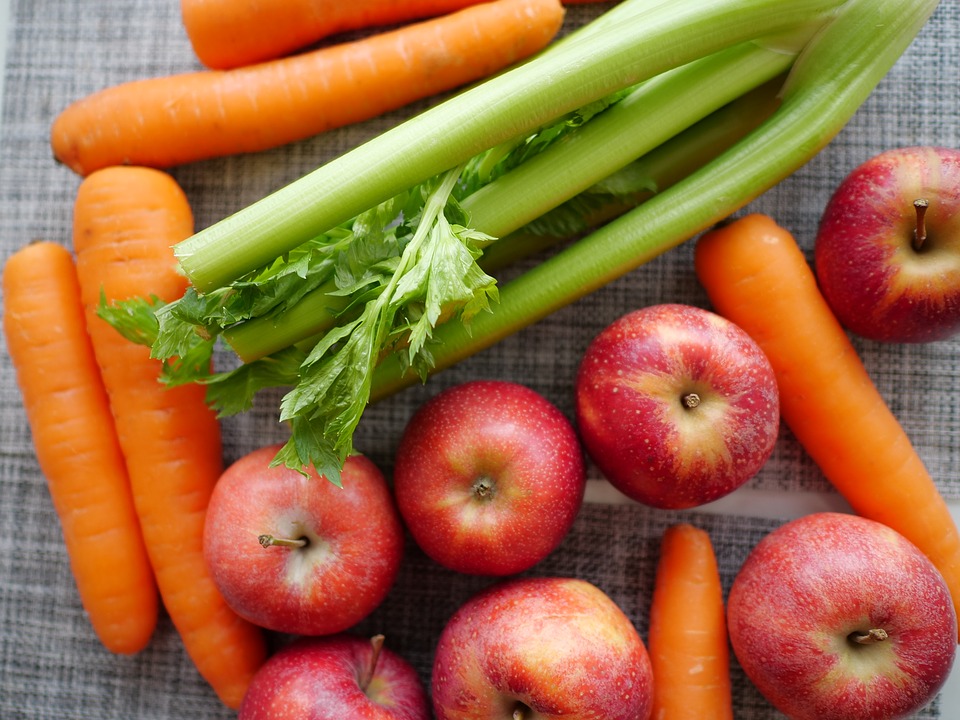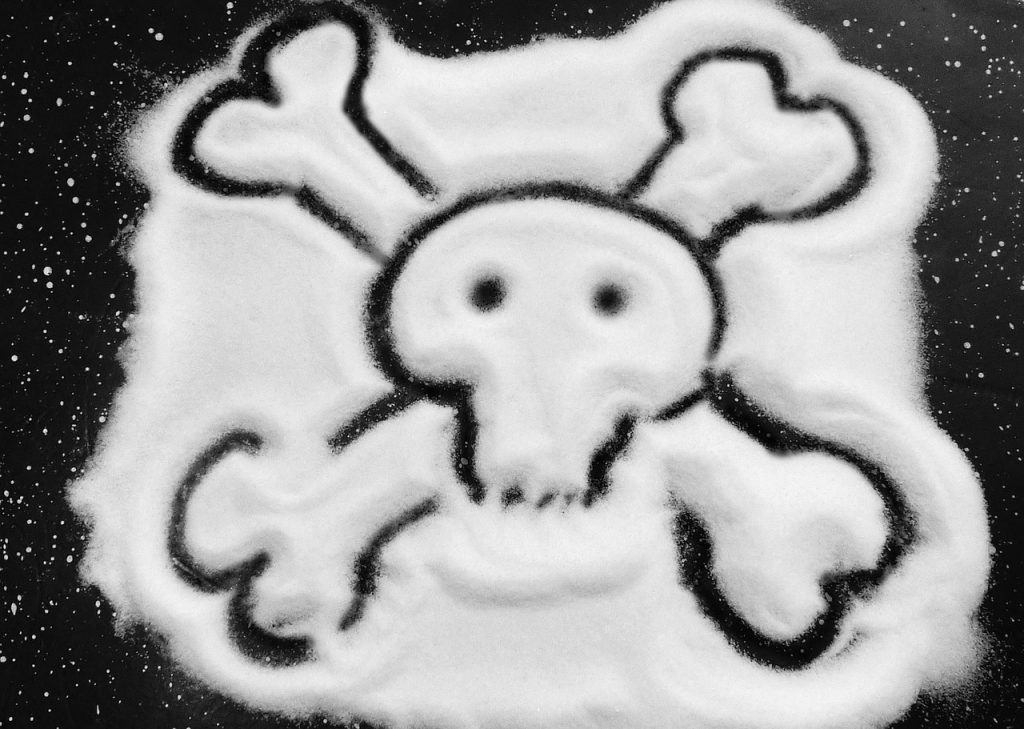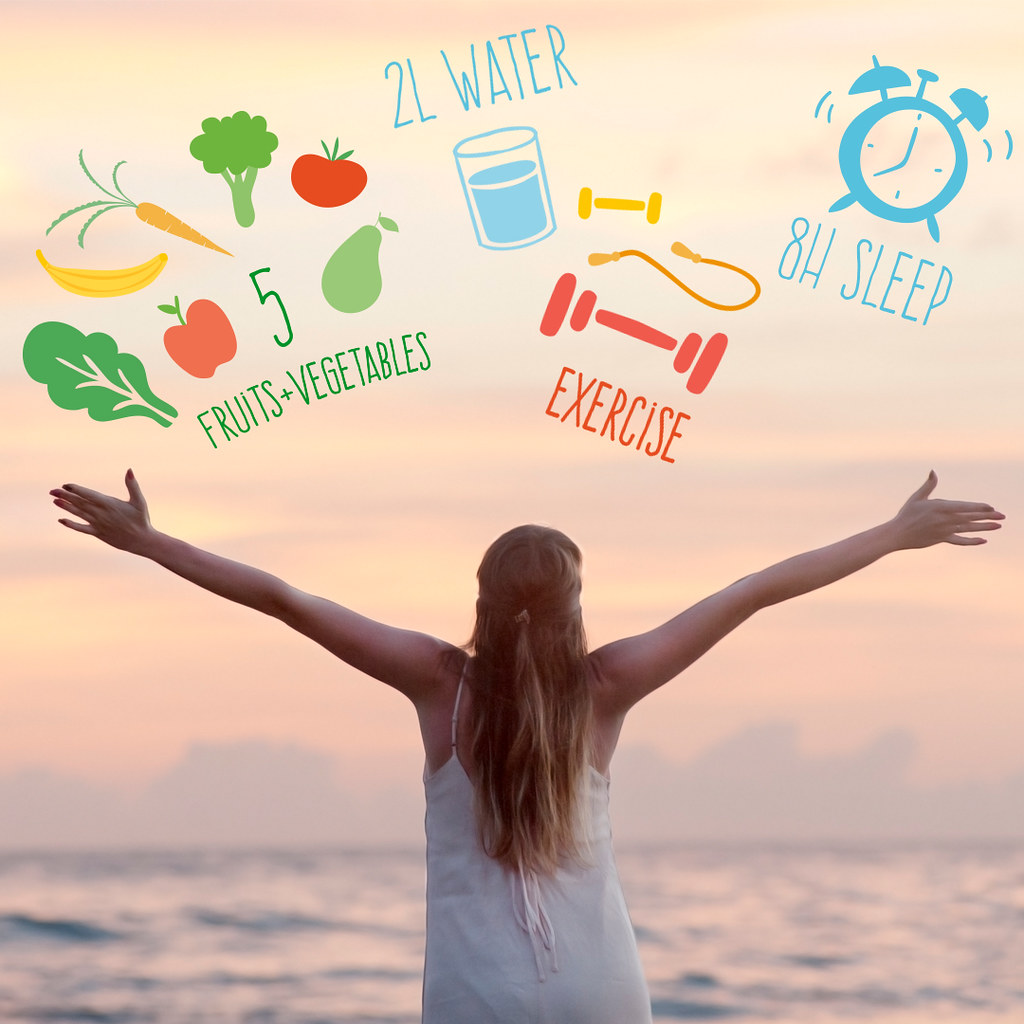Units 10 & 11 Horizon Business Village
1 Brooklands Road, Weybridge, Surrey. KT13 0TJ.8am - 6pm Weekdays
8am - 1pm SaturdaysHow to boost your immunity

The escalating problem of COVID-19 cases and deaths has focused our attention on how we can protect ourselves by improving our immunity.
Of course, we should practice social-distancing and hand-washing as preventative measures. We should also self-isolate: the current guidance is for 7 days if you suspect you have the virus and 14 days for household members who are not ill.
What is your immune system?
I am regularly asked how you can change your lifestyle to boost your immune system. Mostly, the questions are about different foods and supplements.
The key to understanding this lies in the word ‘system’. The immune system is not just a single thing that you can increase or decrease. It is made up of a complicated interaction between different cells and processes in your body. A better way of thinking of it might be to think of how you can improve your overall health. The healthier you are, the better you will be at defending yourself against infection and recovering from it.

Eat more plant-based foods
We have known for a long time that eating a diet rich in vegetables, fruits, whole grains, legumes (beans and pulses), nuts and seeds is great for our health. For example, it’s the basis for the Mediterranean diet and the 5 ‘Blue Zones’ in the World where people have the longest lives.
Plant-based foods are packed full of vitamins, minerals and fibre. These help to reduce inflammation in the body and improve our gut health. Since 80% of our immune system is in our gut, this can only be a good thing. We can improve gut health further by eating fermented foods such as yogurt, sauerkraut, kimchi, miso and kefir.
It’s a good idea to limit the amount of meats that we eat and instead try oily fish such as salmon, trout, mackerel, herring, and sardines. In the UK, we have a tradition of ‘meat and two veg’. Most patients I see rarely have a day where they don’t eat meat, chicken or fish. Why not try a meatless-Monday, one vegetarian day per week. You can then try to increase the number of vegetarian days each week. You’ll find that getting your 5 or 7-a-day is not so difficult after all.
Walking through the supermarkets these days and looking at the empty shelves make me wonder what people are trying to achieve. I can understand them buying staples such as rice, pasta, milk and eggs. More puzzling is the buying of highly processed foods such as pizza. Perhaps it’s the stress of the current crisis which is making people crave comfort food. Whatever the reason, processed foods and sugar are more likely to worsen health and ability to fight infection.

Exercise regularly
We all know that exercise is good for us but most of us still don’t get enough of it. Exercise is known to boost our ability to fight infection including viral infections such as the common cold. Using our muscles during exercise has an anti-inflammatory effect. It also helps get our infection-fighting cells called ‘neutrophils’ to the infection site faster and function better. Exercise improves the function of another group of immune cells called ‘macrophage’ which patrol the body guarding against infection. Our thymus gland produces yet another type of cell called a T-cell. The thymus gland starts to shrink from the age of 20 and so does our supply of T-cells. However, exercising can increase your number of your T-cells to the same level as that of younger people.
Exercise also helps us to recover better once we have an infection. Now, I don’t mean that we should exercise whilst we are ill as we are going to need our rest. I mean that we are more likely to make a better recovery if we have been previously exercising regularly.
There is a ‘Goldilocks’ level of exercise though, so you should exercise in moderation. A good guide is the recommended half-an-hour of brisk walking done 5 times per week. Too much exercise can be bad for us and weaken our ability to fight infection. However, I would hazard a guess that most of us probably don’t fall into that athletic category!
Don’t let self-isolation stop you. You can still go for a walk or run, or exercise at home using the countless home exercise programs on YouTube and other internet sites. Personally, I like ‘Beachbody On Demand’ as they cater for virtually every type of exercise. You might also take some inspiration from a Frenchman who ran a marathon on his balcony during the lockdown!

Get some decent sleep
We live in a sleep-deprived society which is causing our health to suffer in numerous ways. These range from tiredness and poor concentration and memory, to low mood and anxiety.
Sleeping is healing. We now know that sleeping less than 6 hours per day reduces our immunity. Experiments haven’t been done in humans, but rats who were stopped from sleeping all died from sepsis (overwhelming infection). We should all be trying to get a minimum of 7-8 hours of sleep at night. There’s some great information of how to improve your sleep from the Sleep Foundation.
Since Boris Johnson introduced the pub and bar ban, the booze shelves in supermarkets are now also empty! Alcohol is one of the most potent disruptors of REM sleep. It can result in the same duration of sleep but it will be more disturbed and less restful. Excessive alcohol intake can also reduce the ability of our bone marrow to produce immune cells. If you want to improve your sleep and boost your immune system, then drink less, and less often!
Caffeine is also a strong disruptor of sleep. It’s in coffee, tea (including green tea), soft drinks, and dark chocolate. Your cuppa or two in the morning may not a big problem, but caffeine has a long half-life of around 6 hours. So any caffeine after 2pm is likely to reduce the quality of your sleep. Beware decaf as it contains around 15-30% of the usual caffeine amount. Try camomile tea instead in the evenings which will help to you to relax and improve your sleep.

Actively reduce your stress
Stress plays havoc with our immune system. It increases our levels of the hormone cortisol in the body and increases inflammation. This makes it more likely for us to get sick and hamper our recovery when we do.
Most of us don’t do anything actively to reduce our stress levels. Watching the TV and reading a book may be relaxing but these activities are not enough to heal our body and mind. Regular exercise and good sleep will help. Studies have shown that mindfulness and meditation reduce our chances of getting sick and reduce the duration of illness. There are numerous apps that can help you get into this including Headspace and Calm. And how about mindful movement exercises such as yoga and tai chi. There are free-to-use YouTube sites such as ‘Yoga with Adriene’.
As with all lifestyle hacks, mindfulness, meditation, yoga and tai chi are only going to be useful for our health if we practise them on a regular basis. So make a plan which includes set days and times when you are going to practise them. Start small, just a few minutes a day is enough to begin with and then increase the time.
Get enough vitamin D
Supplements are another topic that comes up often when we talk about improving health. They are a big money-spinner and you’ll find numerous supplements in the shops that will make fantastic claims. Although it’s nice to think that simply taking a pill or potion will do us wonders, it’s unlikely that they will do us any good, and may actually do us harm. That’s because taking a concentrated ingredient which has been extracted out of a food will promote certain biochemical pathways in the body in an unbalanced way. That doesn’t happen in nature when we eat a whole food.
To date, no single supplement has been found to have a benefit on improving our immunity. That includes the most common one used, vitamin C. However, there is some evidence for the benefits of vitamin D supplements in protecting against respiratory infections.
It’s now March and we’ve just come out of a dark UK Winter so our vitamin D levels will have dropped. We all know that we can make vitamin D from sun exposure, but for dark-skinned individuals such as myself, it’s advisable to take supplements as we absorb less sunlight. I would recommend a minimum of 2000 units per day. Vitamin D can also be found in certain foods such the eggs, mushrooms and oily fish, and is added to cereals and milk.

Lay off the salt
Our body is really good at maintaining normal salt levels in our bodies. But it has to work harder if we eat too much salt. It does this by producing hormones called ‘glucocorticoids’ (steroids). The problem is that these hormones also weaken our immune system.
So, certainly have salt in your food but it might better to avoid extra at the table. Also, processed and junk food are well known to contain high levels of salt and are best avoided.

Maintain a healthy weight
You probably already know that being elderly and having a chronic disease are risk factors for developing severe complications of COVID-19 infection.
Obesity (BMI > 30) is a risk factor for various illnesses including type 2 diabetes mellitus and high blood pressure. Unfortunately, it is also a significant risk factor for developing infections.
To maintain a healthy weight, you first need to achieve a healthy weight! Fortunately, following a healthy whole-foods diet, sleeping well, keeping active and reducing stress are all ways we can do this.

Stop smoking
Stopping smoking may seem obvious but it’s surprising that many people continue to do so. Smokers are more likely to suffer from infections of every sort and from respiratory infections in particular. COVID-19 is a respiratory infection and smokers have a higher risk of developing a severe illness and become hospitalised if they do so.

Stay well
The current COVID-19 crisis will be with us for some time to come, perhaps up to a year or more. It’s natural that we turn our attention to our health at times like these. It also gives us a good opportunity for us to change to healthier habits that will improve our general health for the future.



